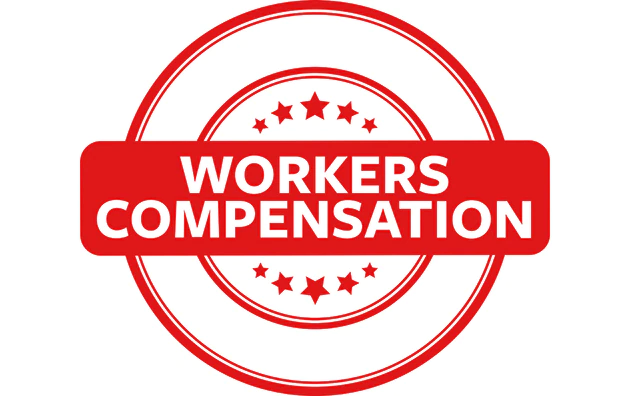

Lorem, ipsum dolor sit amet consectetur adipisicing elit. Tempore ipsam alias quae cupiditate quas, neque eum magni impedit asperiores ad id sint repudiandae quaerat, omnis commodi consequatur dolore rerum deleniti!
NEW YORK & NEW JERSEY ATTORNEYS

Workers' compensation provides medical treatment, wage replacement and permanent disability compensation to employees who suffer job-related injuries or illnesses, and death benefits to dependents of workers who have died as a result of their employment.
Workers' compensation is a "no fault" insurance program that provides the following benefits to employees who suffer job-related injuries or illnesses.
Medical Benefits
All necessary and reasonable medical treatment, prescriptions and hospitalization services related to the work injury are paid by the employer's insurance carrier or directly by the employer if they are self-insured. The employer has the right to designate the authorized treating physician for all work related injuries. Only in the situations where the employer inappropriately refuses to provide medical treatment or if an emergency exists, may the injured worker choose the treating physician. In the case of the latter, the injured worker should notify the employer as soon as possible concerning the treatment being received.
Temporary Total Disability Benefits
If an injured worker is disabled for a period of more than seven days, he or she will be eligible to receive temporary total benefits at a rate of 70% their average weekly wage, not to exceed 75% of the Statewide Average Weekly Wage (SAWW) or fall below the minimum rate of 20% of the SAWW. These benefits are provided during the period when a worker is unable to work and is under active medical care. Benefits are usually terminated when the worker is released to return to work in some capacity or if he or she has reached maximum medical improvement (MMI). MMI is a term that is used when additional treatment will no longer improve the medical condition of the injured worker. The worker, in some cases, may be left with either partial permanent injuries or total permanent injuries, details of which are addressed in the next two sections.
Permanent Partial Benefits
When a job related injury or illness results in a partial permanent disability, benefits are based upon a percentage of certain "scheduled" or "non-scheduled" losses. A "scheduled" loss is one involving arms, hands, fingers, legs, feet, toes, eyes, ears or teeth. A "non-scheduled" loss is one involving any area or system of the body not specifically identified in the schedule, such as the back, the heart, the lungs. These benefits are paid weekly and are due after the date temporary disability ends.
Permanent Total Benefits
Sometimes when a work injury or illness prevents a worker from returning to any type of gainful employment, he or she may be entitled to receive permanent total disability benefits. These weekly benefits are provided initially for a period of 450 weeks. These benefits continue beyond the initial 450 weeks provided that the injured worker is able to show that he or she remains unable to earn wages.
Wages earned after 450 weeks offset the weekly computation in proportion to the income at the time of the injury. Permanent Total benefits are paid weekly and are based upon 70% of the average weekly wage, not to exceed 75% of the Statewide Average Weekly Wage (SAWW) or fall below the minimum rate of 20% of the SAWW.
Permanent Total Disability is also presumed when the worker has lost two major members or a combination of members of the body such as eyes, arms, hands, legs or feet. However, permanent total disability can also result from a combination of injuries that render the worker unemployable.
The Second Injury Fund (SIF), which is administered by the Division of Workers' Compensation, makes benefit payments to injured workers who are totally and permanently disabled as a result of their last work-related injury combined with the workers' pre-existing disabilities.
The Second Injury Fund was established to encourage employers to hire disabled workers. The employer only pays for the work related aspect of the total disability award.
If you sustained an injury while at your workplace or while performing a work-related task, contact our workers' compensation attorney, as you may be eligible to receive workers' compensation for the injuries sustained.